The gallbladder is an accessory organ of the digestive tract, oval-shaped organ connected to your liver, storing and concentrating bile between meals. In response to feeding. The gallbladder concentrates bile from your liver and releases it into your small intestine to help break down food.
Bile acids thus enter the intestinal lumen and facilitate the absorption of dietary lipids. The gallbladder also largely contributes to the composition of bile flowing into the large bile ducts and into the intestine.
The gallbladder undergoes structural and functional changes in many pathological settings, including gallstone disease, which is very common. If your gallbladder becomes infected or develops stones, it may need to be removed. This procedure, known as cholecystectomy, can be performed in two ways:
- Laparoscopic surgery (a newer surgical procedure): also sometimes known as keyhole surgery, it is a minimally invasive technique that allows the surgeon to see what is happening internally without needing to make a large incision and open up the patient. Nowadays is the standard, or most commonly used, surgery. About 95% of gallbladder surgery is done in this way.
- Open surgery (traditional surgery): a traditional cholecystectomy because the surgeon removes the gallbladder through a 5-inch to 8-inch incision in the abdomen just below the right ribs. It represents only about 5% of open surgery.
While you can live without your gallbladder, you might need to make some changes to your diet to make up this change. It is very important to know what you eat and to carefully follow your doctor’s suggestions about your diet after gallbladder removal.
There is no standard diet that patients should follow after cholecystectomy. In general, it is better to avoid fatty, greasy, processed, and sugary foods. Eating these foods after having your gallbladder removed will not cause serious health problems, but it can lead to:
- PAINFUL GAS
- BLOATING
- DIARRHEA
Diarrhea is partly because bile flowing freely into your intestine works like a laxative. If you experience side effects from surgery, it may help to make some small adjustments to your diet.
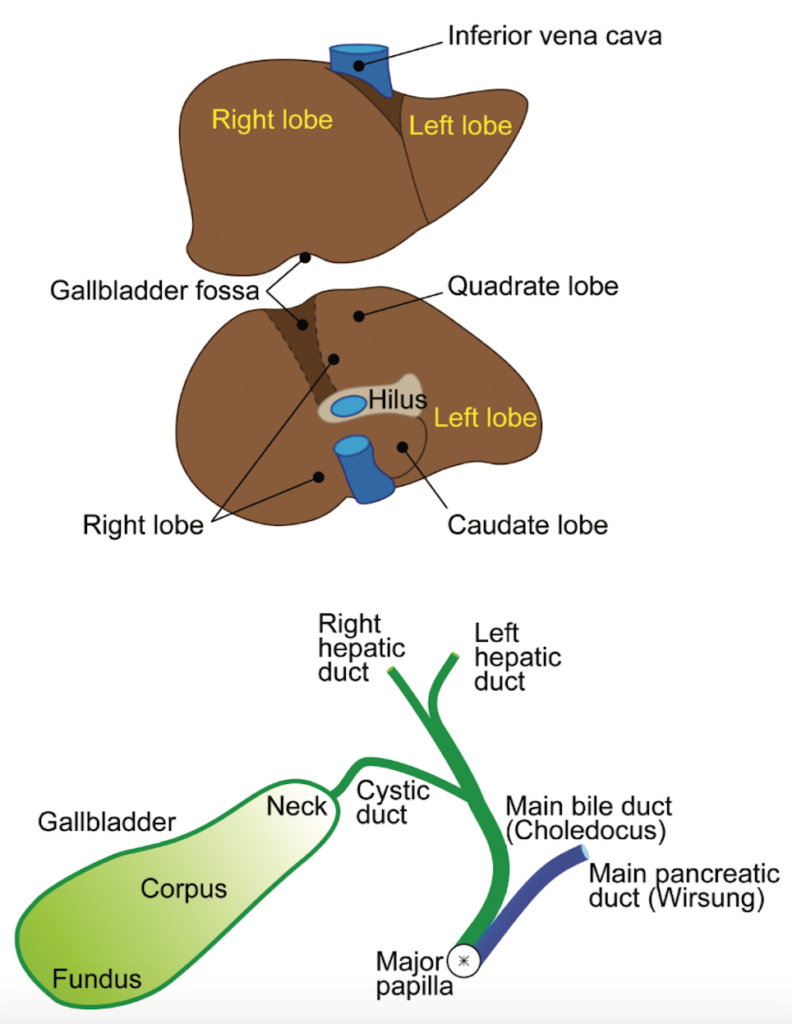
FOODS TO AVOID
To avoid high-fat foods for the first month after gallbladder surgery as:
- Fried foods (french fries and potato chips)
- High-fat meats (bacon, bologna, sausage, ground beef, and ribs)
- High-fat dairy products (butter, cheese, ice cream, cream, whole milk, and sour cream)
- Pizza
- Spicy foods
- Chocolate
- Oils
- Milk (particularly whole)
- Full-fat yogurt
- Full-fat cheese
- Butter
- Lard
- Sour cream
- Ice cream
- Whipped cream
- Sauces or gravies made with cream
- Drink containing caffeine (coffee and tea)
- Energy drinks
- Alchool (wine, beer and spirits)
Gradually increase your intake of fibre. High-fiber foods can also cause discomfort (because they are gas-producing foods) after gallbladder surgery, so you may want to introduce them slowly back into your diet. You may benefit from including more soluble fiber in your diet, since it can help regulate bowel movements.
These foods include:
- Whole-grain breads and cereals
- Fruits
- Vegetables
- Pasta
- Rice
- Cereal
- Nuts
- Seeds
- Legumes
- Brussels sprouts
- Broccoli
- Cauliflower
- Cabbage
The dietary changes recommended after gallbladder surgery, such as avoding fatty, greasy, processed, and sugary foods and adding fiber and healthy fats are helpful for most people with or without a gallbladder. It will also decrease your risk for new digestive symptoms due to not having a gallbladder.
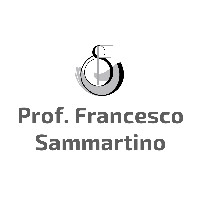

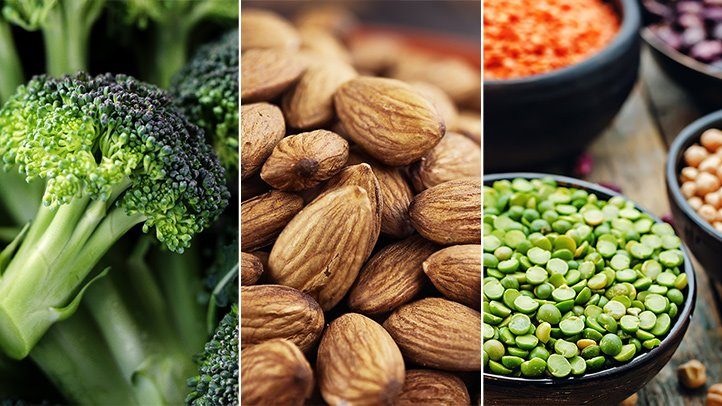






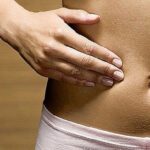
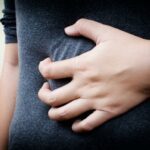
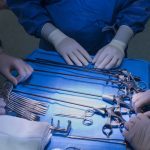


Dott.thank you very for helping me about my gallbladder problem.and to all your staff for your professionalism.all my family and friend are salute to all of you may God blessed you and more power.
THANK YOU..
Dr. Francesco Sammartino
For your very well explanations and tips to those who had their gallbladder surgery..
Ill make sure i will apply this tips to my brother he had an operation july 6, 2022..(Rome Italy)
God bless you…
Thank you..